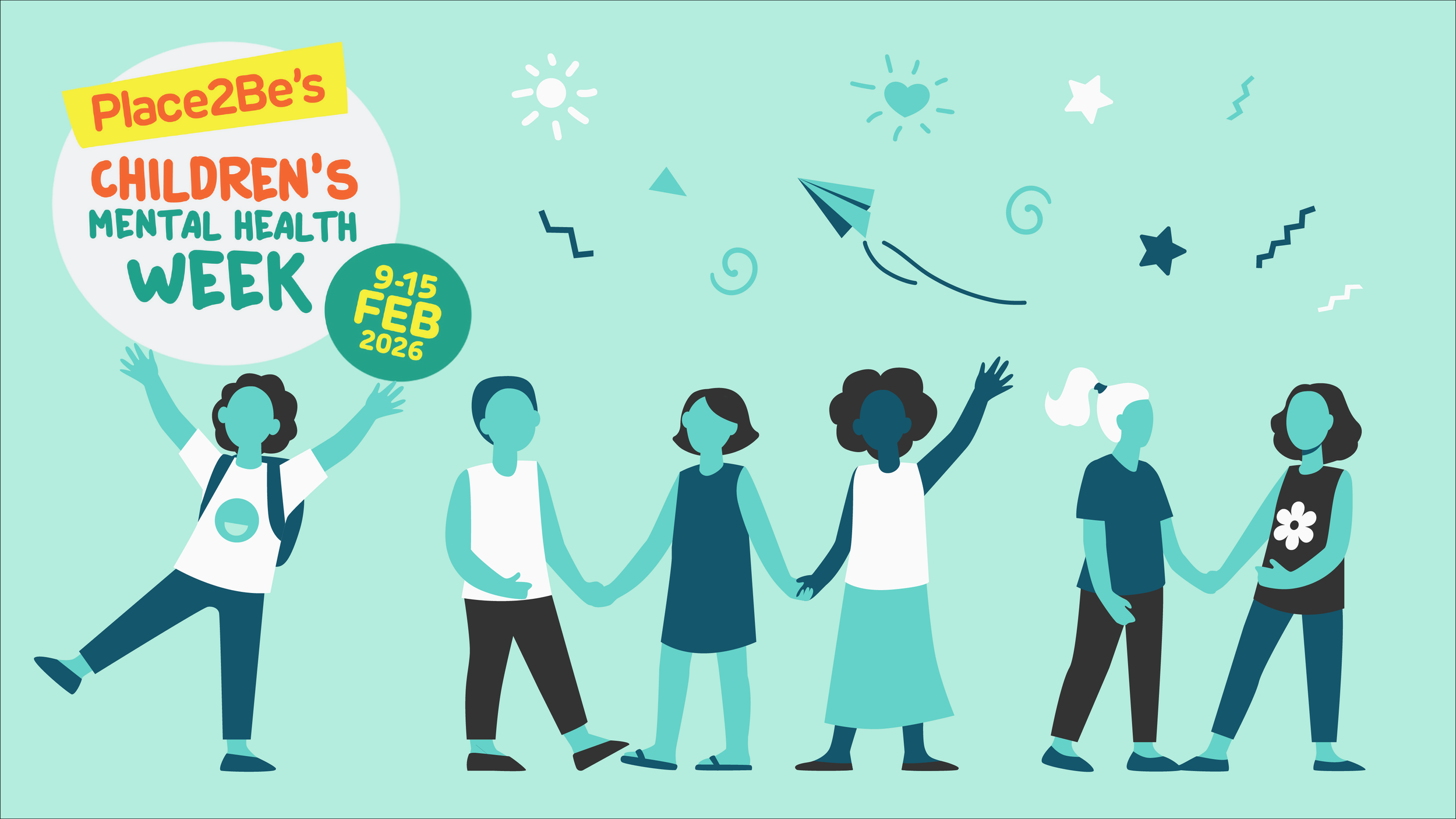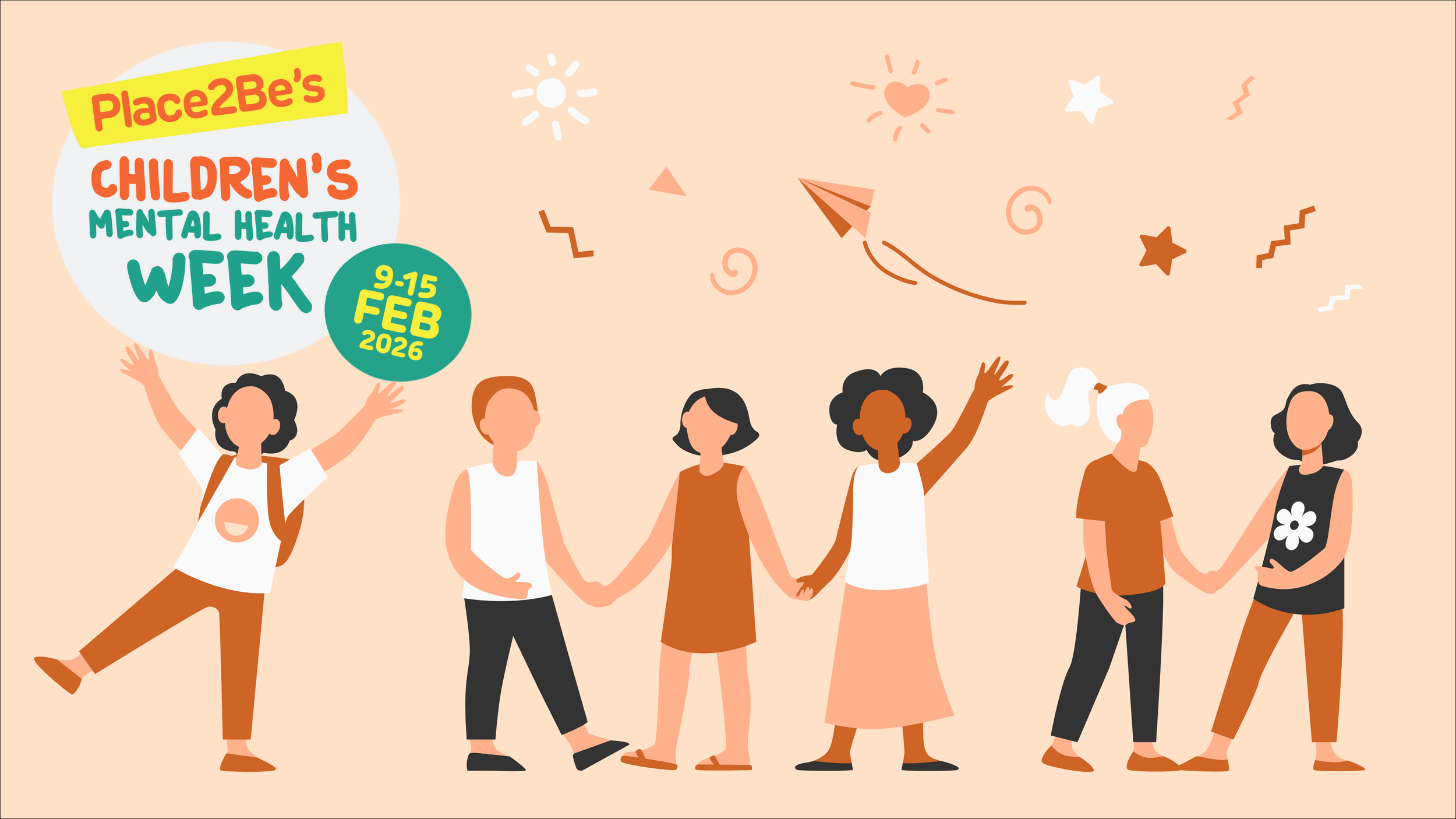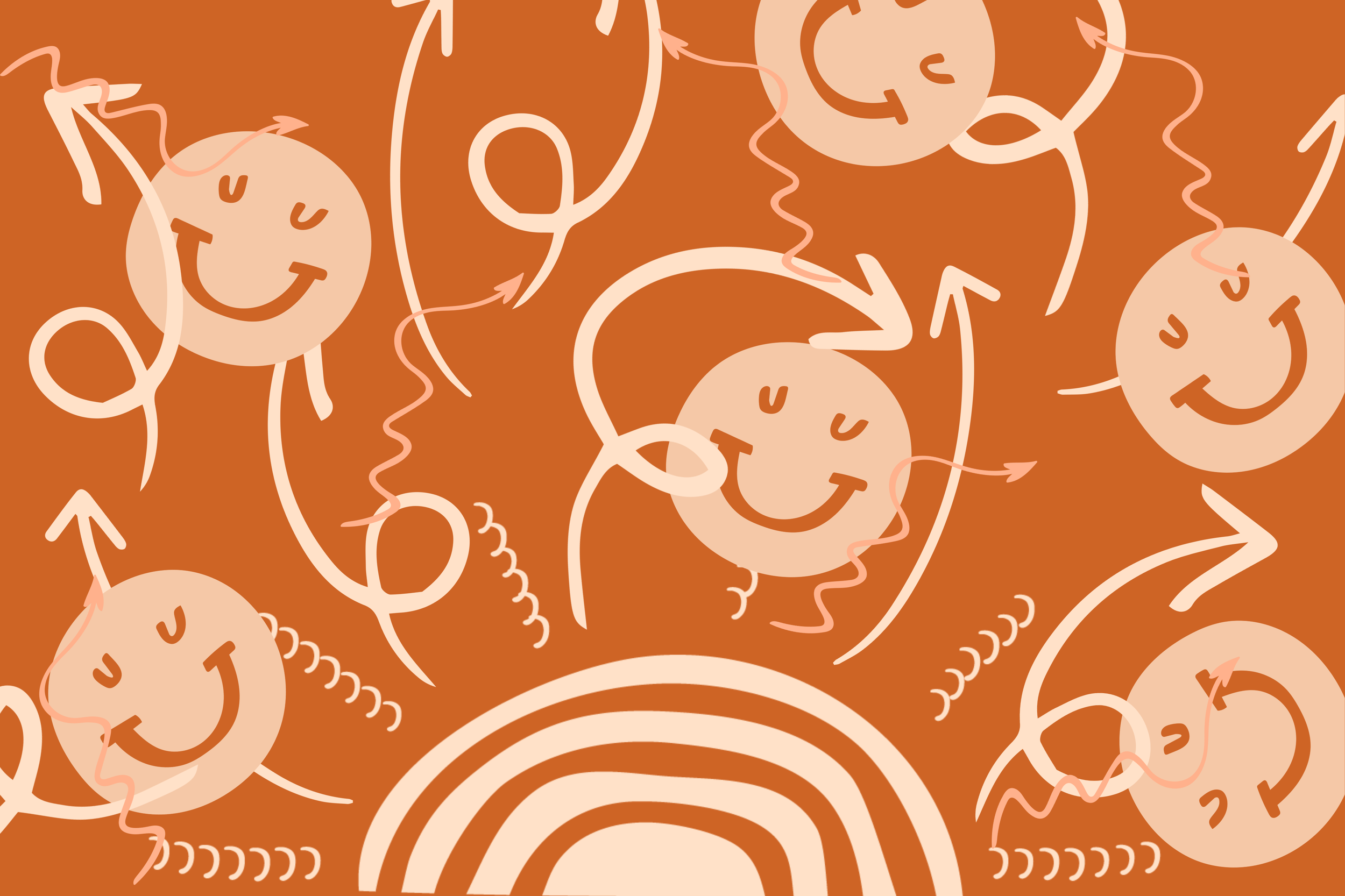Dive into a collection of articles that amplify neurodivergent voices, support a more thorough understanding of neurodiversity, and challenge common misconceptions.
Month
- February 2026
- January 2026
- December 2025
- November 2025
- October 2025
- September 2025
- August 2025
- July 2025
- June 2025
- May 2025
- April 2025
- March 2025
- February 2025
- January 2025
- December 2024
- November 2024
- October 2024
- September 2024
- August 2024
- July 2024
- June 2024
- May 2024
- April 2024
- March 2024
- February 2024
- January 2024
- December 2023
- November 2023
- October 2023
- September 2023
- August 2023
- July 2023
- June 2023
- May 2023
- April 2023
- March 2023
- February 2023
- January 2023
- December 2022
Author
- Abs S. Ashley
- Adam Fare
- Aimee Fletcher
- Aisling Sheehy
- Andreia Costa
- Ann Memmott
- Antonia Aluko
- Bethan Warner
- Beverley Samways
- Brendan Maguire
- Callum Stephen Howes
- Cassandra Lovelock
- Charli Clement
- Chloe Webster-Harris
- Claire
- Cos Michael
- Darren O'Reilly
- Dr Catherine Crompton
- Dr Virginia Carter Leno
- El Dewar
- Elise Guthrie Stirling
- Emily Wooden
- Emily Lees
- Emily Katy
- Emma
- Emma Nielson
- Grace Lee
- Harriet Axbey
- Hat Porter
- Helen Edgar
- Iqra Babar
- Jill Corbyn
- Kai Schweizer
- Katrine Callander
- Kay Louise Aldred
- Krysia Waldock
- Kyra Thompson
- Lizzie Smith
- Lou Chandler
- Lucy Gilbert
- Meena Kumari
- Molly Anderton
- Molly Siobhan Parker
- Nick Ransom
- Reesha Zahir
- Remie Colledge
- Rhiannon Williams
- Rod Landman
- Rose Matthews
- Sarah Douglas
- Sarah Boon
- Sascha Bellamy
- Sophie Broadgate
- Stop Oxevision
- Tania Robinson
- Thomas Barnett
- Tina
- Trauma Geek
- Victoria Denham
- Warda Farah
- Zoë Austin

Belonging grows from being seen: the reflections of a parent in a Neurodivergent family
Belonging in a Neurodivergent family often means letting go of traditional expectations and learning to see behaviour as communication. Bethan Warner shares how shifting from expectation to connection helped her family create a home where everyone feels safer, understood, and able to belong.

This is my place: supporting Autistic children’s wellbeing in neuro-affirming ways
During Children’s Mental Health Week, “This Is My Place” invites us to rethink how we support Autistic children. Helen Edgar explores how creating safe, Neurodivergent-affirming spaces—where children’s sensory needs, communication, and interests are respected—helps them feel they truly belong and thrive.

Autism Research—What’s New in November 2024
In this month’s research roundup, Ann Memmott PgC MA picks out some of the current big debates on Autistic lives, and showcases new and important research from teams and academics working within the field.

The untold struggles of Neurodivergent Black boys in schools
Honoring Black History Month, NdC Associate Warda Farah explores the intersection of Black and Neurodivergent identity, and reflects on how the dual marginalisation faced by Black Autistic individuals is further compounded for boys in school settings.
Warda is the creator and host of NdC’s monthly, free-to-attend Black Autistic Meetup sessions.

An Autistic Summer Holiday Survival Guide
With the summer holiday season approaches, Lucy Gilbert reflects on embracing a different perspective on holidays, and offers some travel tips whilst encouraging holidaying in a way that works for you.

Autism Research—What’s New in April
This research roundup picks out some of the current big debates on autistic lives, and showcases new and important research from teams and academics working within the field.

Five Neurodivergent-Affirming Resources for Younger Children
As part of our Beyond Acceptance content to mark World Autism Acceptance Week, we have gathered together five excellent resources to get young people engaged with Neurodivergent-affirming concepts.

Autism Research—What’s New in March
This research roundup picks out some of the current big debates on autistic lives, and showcases new and important research from teams and academics working within the field.

Autism Research—What’s New in February
This research roundup picks out some of the current big debates on autistic lives, and showcases new and important research from teams and academics working within the field.

Autism Research—What’s New in December 2023?
This research roundup picks out some of the current big debates on autistic lives, and showcases new and important research from teams and academics working within the field.
- ABA
- abuse
- accessible
- ADHD
- adults
- advocacy
- affirming
- aging
- assessment
- autism
- autistic parents
- black autistic
- building design
- burnout
- childhood
- children
- co production
- coercive control
- communication
- community
- culture
- depression
- Designing Homes for Sensory Differences Summit 2024
- diagnosis
- disability
- dyslexia
- eating disorders
- education
- empathy
- employment
- environment
- ethics
- executive functioning
- family
- friendships
- GCC Summit 2023
- gender
- grooming
- guidance
- health
- healthcare
- holiday
- housing
- human rights
- identity
- inclusion
- inpatient
- intersectionality
- joy
- language
- late diagnosed
- learning disability
- LGBTQIA+
- lived experience
- masking
- medicalisation
- meltdown
- mental health
- monotropism
- mothers
- nervous system
- newly diagnosed
- NHS
- OCD
- online
- pain
- parents
- PBS
- peer support
- play
- psychiatric care
- quality of life
- race
- racism
- reasonable adjustments
- relationships
- research
- resources
- routine
- school
- self diagnosis
- self regulation
- sensory environment
- sensory overwhelm
- sensory processing
- services
- sexism
- special interests
- spirituality
- stimming
- stress
- suicide
- support
- therapy
- training
- trauma
- trauma-informed
- women
- workplace
- young people
Got something to say?
We commission blogs from neurodivergent writers. We are particularly keen to hear from people of colour, older people, and non-speaking members of our community. Help us in our mission to amplify the views and voices that are most often left unseen and unheard.


